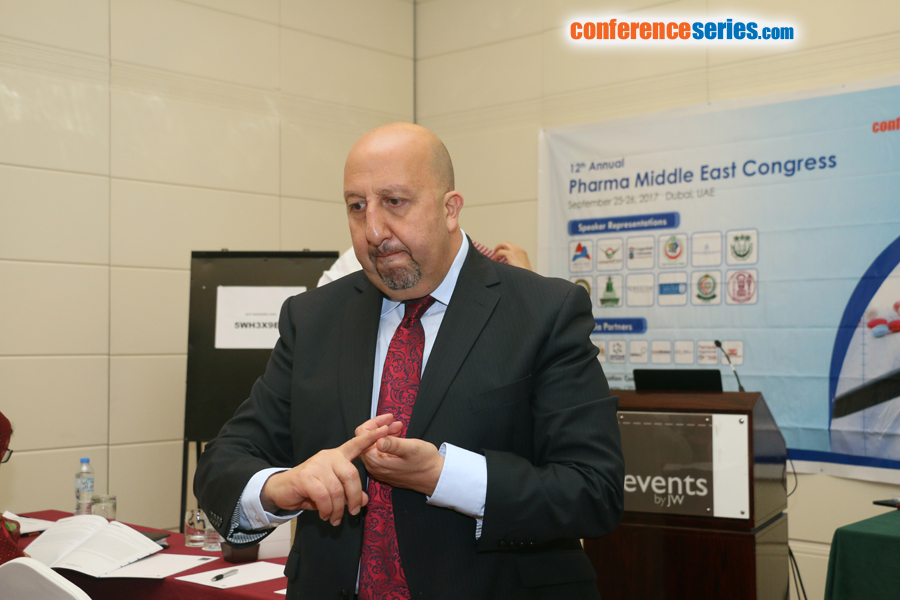
Raid G Alany
Kingston University, UK
Title: Pharmacy education in the UK and potential partnership opportunities with Universities in the Middle East
Biography
Biography: Raid G Alany
Abstract
Currently, there are 26 UK-based universities that offer the Master of Pharmacy (MPharm) degree which is one of the main requirements to practice pharmacy in the UK. To register as a pharmacist in the UK, one must successfully complete a GPhC accredited (MPharm) course, which is a full-time, four-year course followed by successful completion of one year's pre-registration training, a period of paid employment in a community or hospital pharmacy during which a trainee is required to build up a portfolio of evidence and demonstrate their competence whilst being observed at work. This is followed by successful completion of the GPhC's registration exam along with meeting the fitness to practice requirements for registration as a pharmacist. On the other hand; courses in pharmaceutical sciences (BSc and MSc) throughout the UK are aimed at training graduates and preparing them to work in the pharmaceutical industry or specialize in regulatory affairs or clinical trials.
Universities in the UK are reaching out to universities around the world to establish partnerships for joint provision. Such partnerships could come in various shapes and forms. The QAA UK Quality Code defines collaborative provision as ‘learning opportunities leading or contributing to the award of academic credit or a qualification that are delivered, assessed or supported through an arrangement with one or more organizations other than the degree-awarding body’. Validation, franchise, dual degree, double degree, joint degree, articulation and placements are terms that are used in this context and could be rather confusing.
This key note will cover the key aspects of pharmacy / pharmaceutical sciences education in the UK. This will be followed by an explanation of the various forms of joint academic provision that are already in place and are available to pursue by universities in the Middle East should they wish to partner with a UK-based university.







